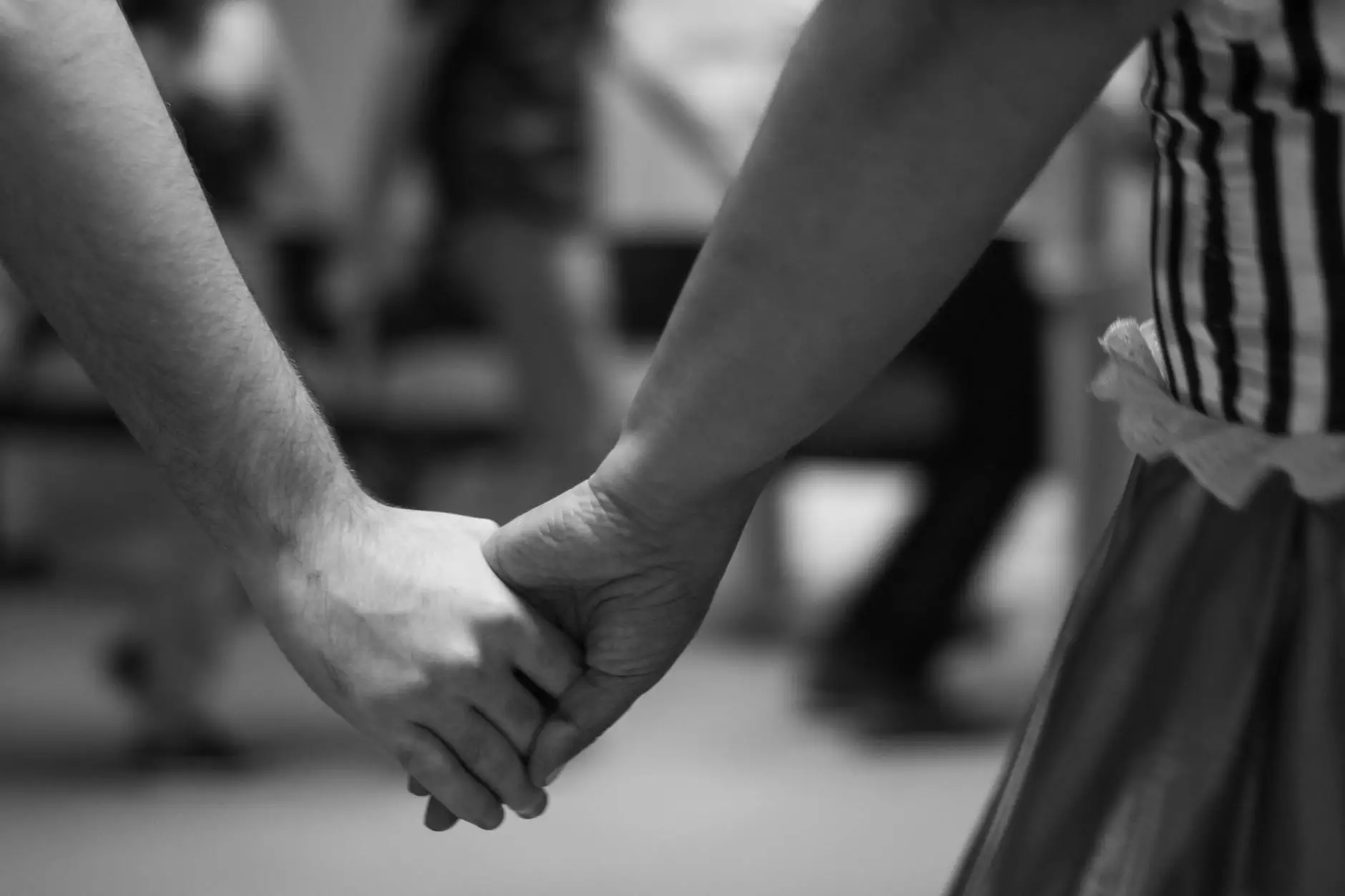The Vibrant Role of Black Churches in Brooklyn

The black churches in Brooklyn have long served as more than just places of worship; they are pillars of the community, central to the spiritual, social, and cultural fabric of their neighborhoods. These institutions are not merely spaces for religious expression; they represent the embodiment of hope, resilience, and unity among African American communities. In this article, we will delve into the profound impact of these churches, exploring their historical roots, community outreach programs, and the vital roles they play in today’s society.
A Historical Overview of Black Churches in Brooklyn
The story of black churches in Brooklyn is a rich narrative that reflects the broader history of African Americans in America. Following the end of slavery, many freed black individuals sought spaces where they could gather, worship freely, and support each other. It is within these sanctuaries that the seeds of community leadership and social justice were planted.
The Birth of the Black Church Movement
In the early 19th century, black churches began to emerge as independent congregations. These churches provided a sense of belonging and cultural identity. Notable figures, such as Richard Allen, founded the African Methodist Episcopal (AME) Church, laying the groundwork for future establishments. In Brooklyn, churches like the Bridge Church have continued this legacy by getting involved in community services and support.
The Evolution of Black Churches
As the neighborhoods evolved, so too did the churches. Many congregations expanded their missions beyond spiritual guidance, becoming involved in civil rights movements, educational initiatives, and social services. Today, the black churches in Brooklyn continue to serve this dual purpose, acting as both chambers for worship and _hubs for community development_.
Community Outreach and Social Services
The impact of black churches stretches far beyond Sunday services. Many participate actively in community outreach and social service programs, addressing the needs of their local neighborhoods. This includes providing food pantries, educational workshops, youth programs, and counseling services.
Supporting the Underserved
Through various initiatives, black churches have been essential in supporting families who are economically disadvantaged. Their food banks and clothing drives play a crucial role in ensuring that vulnerable populations have access to basic necessities. Programs aimed at job training and financial literacy empower community members to achieve stability and independence.
Youth Development Programs
Investing in youth is a cornerstone of black church ministries. By creating engaging and supportive environments, many churches in Brooklyn offer after-school programs, mentorship opportunities, and scholarships for higher education. For instance, the Bridge Church not only focuses on spiritual education but also facilitates _leadership training workshops_ designed to inspire the next generation.
The Cultural Significance of Black Churches
Black churches in Brooklyn are more than religious spaces; they are integral to cultural identity and expression. They serve as venues for artistic performances, community gatherings, and cultural celebrations. The music, particularly gospel music, has its roots deeply embedded in these congregations, and many artists have found their voice and inspiration within these walls.
Gospel Music and Worship
Gospel music is a powerful form of worship that brings people together in celebration and praise. The vibrant rhythms and heartfelt lyrics reflect the very soul of the communities they serve. Many black churches in Brooklyn boast talented choirs and music ministries that not only contribute to worship but also participate in local and national competitions, showcasing their unique styles and profound messages.
Community Events and Celebrations
Churches often host community events such as revivals, harvest festivals, and educational fairs, where people come together to celebrate their faith and cultural heritage. These events foster a sense of pride and unity, drawing attendees from various backgrounds and building bridges across communities.
Challenges Faced by Black Churches
Despite their many contributions, black churches in Brooklyn face several challenges. As demographic shifts occur and neighborhoods change, congregations must adapt to maintain relevance. Declining membership, financial strain, and competition from other faith-based and social organizations have created hurdles for many churches.
Adapting to Change
Church leaders are continuously seeking innovative ways to engage their congregations and communities. This often involves embracing technology, such as online services and social media outreach, to reach a broader audience. The transition to digital platforms has become particularly significant in the wake of the COVID-19 pandemic, pressing churches to maintain connections with parishioners virtually.
Financial Sustainability
Financial sustainability is another key issue for many black churches. As church attendance fluctuates, so do donations. Many congregations are exploring alternative revenue streams, such as community center rentals and partnering with local businesses for sponsorships. By being creatively entrepreneurial, churches can ensure that their vital programs and outreach efforts continue.
The Future of Black Churches in Brooklyn
The future of black churches in Brooklyn is bright, but it requires adaptability, resilience, and an unwavering commitment to serve their communities. As they navigate the challenges of modern society, these congregations can draw strength from their past while looking forward with hope.
Strengthening Community Ties
Going forward, churches must continue to strengthen their ties with local organizations and community leaders. Collaboration is key in addressing the multifaceted issues faced by residents. By working together, churches can leverage resources, share knowledge, and amplify their impact.
Empowering the Next Generation
Empowering the next generation of church leaders is essential for sustaining the impact of black churches in Brooklyn. Investing in leadership programs and providing mentorship will ensure that the voices of young people are heard and that they are equipped to take on roles in their communities.
Conclusion: A Pillar of Strength in Brooklyn
In conclusion, the black churches in Brooklyn are invaluable assets to their communities. They are centers of faith, culture, and social activism that have withstood the tests of time. With a rich history and a commitment to social justice, these churches are not only vital to the African American experience but are also essential for the overall prosperity of Brooklyn as a whole. Through community engagement, innovative outreach, and a relentless spirit, they continue to be sources of strength, resilience, and unity in the face of challenges, guiding their congregations toward hope and empowerment.
As we reflect on the significance of these institutions, it is evident that black churches will remain a cornerstone of Brooklyn’s cultural and spiritual landscape for generations to come.









